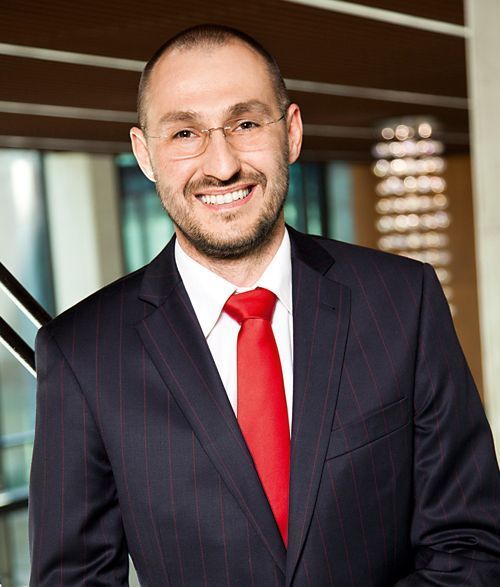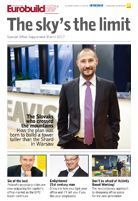‘Eurobuild Central & Eastern Europe’: What can we expect from HB Reavis in the near future?
Stanislav Frnka, country CEO, HB Reavis Poland: We are active on a number of different markets, and one of the reasons for this is to be able to diversify the risk in the case of some kind of crisis hitting the sector. Crises have different impacts in countries. I personally believe that there is going to be a repeat of 2008. Whether it will be this year or the next... only time will tell. Land prices are going up and the forecasts for this year are for a growth in inflation and interest rates. I think that we have reached the peak of the cycle and a decline should be expected any time soon.
Will things really be so bad?
It is difficult to estimate at this time how deep and what the character of the crisis will be. There are many geopolitical risks: the possible escalation of the conflict in Ukraine, the unpredictable situation in Turkey, the continuing instability in North Africa. It





























































